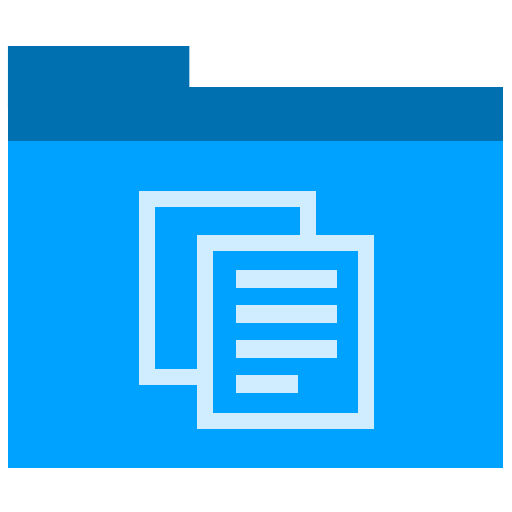Career, Technical Writing
Do you have a technical writer’s personality?
You know when you’re talking to someone about their career and you can feel that they’re really into it.
It’s more than a job. To say it’s a passion is a bit of a cliché but there’s some truth in it.
I mention this as technical writing is a bit like that. Unless you really love playing with words – and I do mean playing with words – you won’t enjoy it.
10 signs you have a technical writer’s personality
So, if you’re thinking of moving into tech docs, here’s a list of things to consider.
There’s no priority to the items I’ve listed here. For me, these are some of the traits you’ll need to enjoy a career in technical writing.
1. Meticulous attention to detail
This involves scrutinizing every aspect of a document, from grammar and punctuation to formatting and consistency. It might mean double-checking every technical term, ensuring all headings are properly capitalized, or verifying that every item in a numbered list follows the same grammatical structure.
Finding a typo gives you a buzz!
2. Fascination with language evolution
Do you love the meaning of words? Where they came from? Crosswords? Wordle?
This could manifest as an interest in etymology, keeping up with new terms in tech jargon, or studying how technical terms in various fields have changed over time. It might involve regularly consulting updated editions of technical dictionaries or following linguistics blogs.
3. Enjoyment of style guides
This goes beyond just following rules; it’s about appreciating the reasoning behind style choices. It might involve comparing different style guides (like APA vs. Chicago or IBM v Microsoft), understanding when to deviate from them, and even contributing to the development of custom style guides for specific projects or organizations.
4. Love of Oxford commas
While this is a specific example, it represents a broader interest in how punctuation affects meaning and readability. It extends to other punctuation debates, like the use of semicolons in technical writing or when to use em dashes versus parentheses.
5. Fondness for information architecture
This involves skills like creating effective table of contents, designing intuitive navigation systems for online documentation, and developing clear, logical structures for complex technical concepts. It might also include an interest in tools like mind mapping software or diagramming applications. Tony Buzan’s books on mind mapping are really interesting.
6. Enthusiasm for learning new tools and technologies
Do you love to learn new things? This could include mastering advanced features of word processing software, learning markup languages like XML or Markdown, getting certified in technical communication tools like MadCap Flare or Adobe FrameMaker, or exploring AI-assisted writing tools.
7. Enjoyment of simplifying complex concepts
Do you like to help others understand how things work?
This trait often involves skills like creating analogies, developing clear visual aids, and writing step-by-step instructions. It might also include an interest in fields like data visualization or instructional design.
8. Preference for minimalist design
This extends to an appreciation for white space, clean typography, and judicious use of visual elements. It might involve studying principles of user interface design to improve document layouts.
9. Interest in user experience (UX) principles
This could involve conducting user testing on documentation, creating personas to better understand the audience, or applying principles of cognitive psychology to improve information retention. It might also include an interest in accessibility standards to ensure documentation is usable by all.
10. Curiosity about diverse subject matters
This trait often leads to a broad knowledge base, which is valuable when working on various technical topics. It might involve reading scientific journals, following tech news, or taking online courses in different fields to broaden one’s understanding.
The Finer Points
Being a tech writer doesn’t mean you have all these traits. However, a deep love of words is what connects them all. So, if you do love words and enjoy helping others understand how things work, technical writing may be for you.
Next week, we’ll go into more detail and start to provide a learning path to start a career in tech docs.
Sign up to the newsletter so you don’t miss out.

